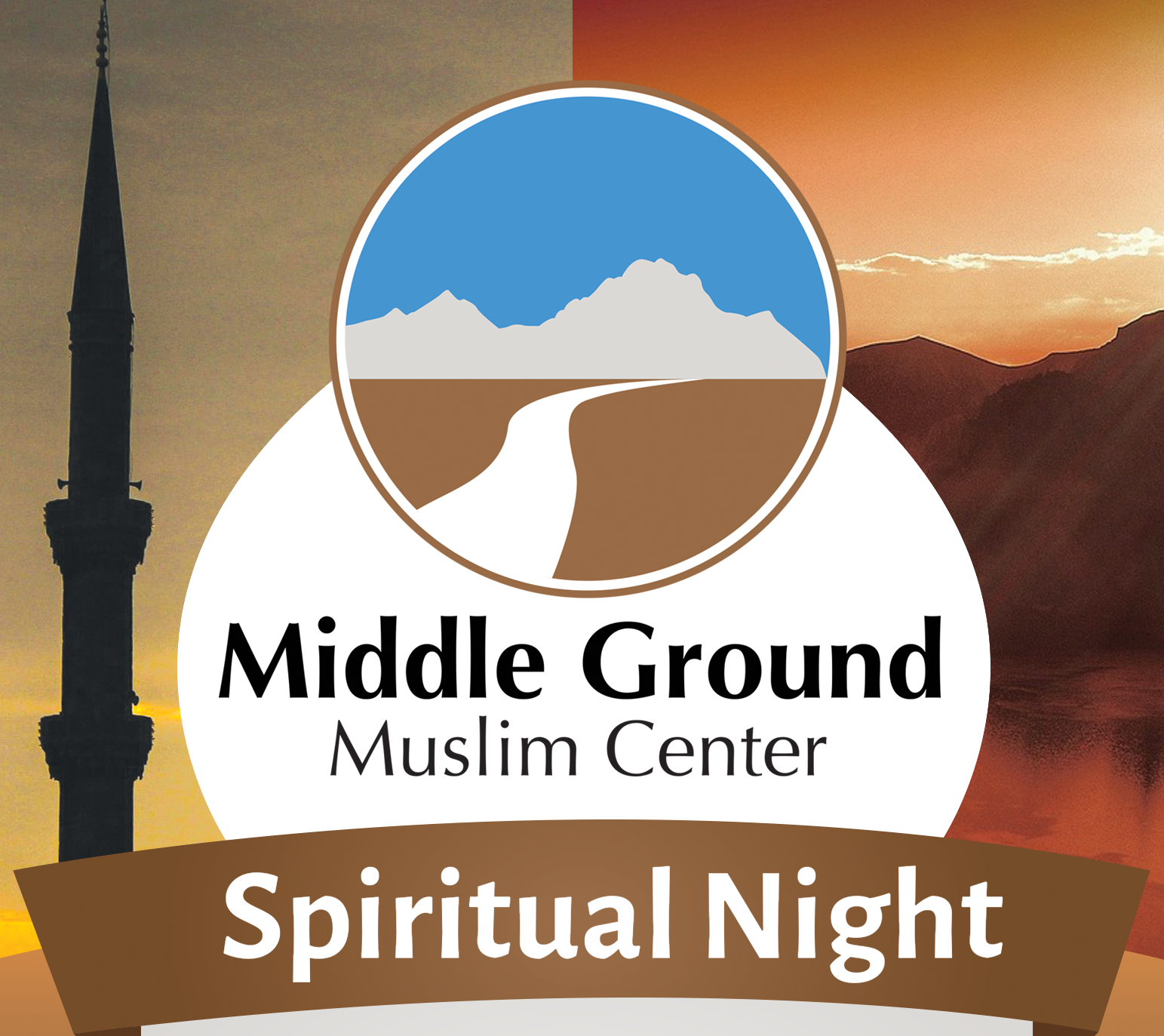In this episode, Imam Marc speaks about how ritual and meaning are increasingly seen as things not only trivial or perhaps juvenile, but also something scornful, a reminder of a not-so-distant past many would like to pretend never existed, when life was not able to be safely and comfortably quantified.
The loss of meaning’s appreciation can also be linked to western educational institutions:
“Its emphasis on specialization meant that most professors considered the question of meaning beyond their purview … The question of how to live, after all, requires a discussion of abstract, personal, and moral values. It does not belong, these professors argued, in colleges and universities devoted to the accumulation of objective knowledge … An increasing consensus in the academy is that faculty members should not help students discern a meaningful philosophy of life or develop character, but should instead help them master the content and methodology of a given discipline and learn critical thinking.”1
This can be seen manifesting in the Muslim community in a number of ways, such as how Muslims (especially western Muslims) approach the month long ritual of fasting in the month of Ramadan. Social media will shortly be a flurry with posts recommending this or that suhur (or pre-dawn) smoothie which promises to reduce or even eliminate fatigue and hunger. How odd that the practitioners of a faith would want to minimize the experience of one of its most important rituals: but that is precisely what we see happening with Islam in the West. Increasingly we seem to be saying, “ritual and religious experience, particularly those that ask us to give up something or daresay, even experience something uncomfortable, we don’t want any part of it. Either it changes to accommodate our desires or it gets jettisoned!”.
For me, this is why I think so many are trying to find way to validate what would otherwise been seen – according to post-religious secular norms – as ridiculous, by legitimizing and substantiating fasting for one month as something healthy. According to this new logic, to the extent that Islamic rituals can be confirmed by empirical/scientific observations, they may be tolerated. But to the extent to which they can’t (wearing hijab or growing a beard, for example), then they condemned as backwards and even potentially subhuman (hijab again).
One of the fundamental on the long differences is the pursuit of emotions versus the crafting with meaning. is the pursuit of emotions versus the crafting of meaning. The pursuit of emotion attempts to extract, for example, happiness, either from objects or activities like superfoods or yoga, alcohol or sex. But those who seek to craft meaning transcend objects and experience and see meaning in them; they see God. This should not be mistaken as a form of shamanism, in the Muslim sense, for Muslims do not believe God is inside their superfood smoothie or tantric sex, but rather see any such objects or activities as the result of God. The former tends to be rooted in an idolatrous materialism which places conditional value on things (things here being objects, activities/experiences). To the extent that an object, activity, or experience makes that individual happy it is deemed to be good regardless of what Revelation may have to say about it. Whereas the latter sees beyond this triumvirate and knows the source from which, for example, blueberry smoothies and alcohol, come from, thus allowing them to apply wisdom.
Notes
1. Smith, Emily Esfahani. The Power of Meaning: Crafting A Life That Matters. Kindle ed., Crown, New York, 2017.
